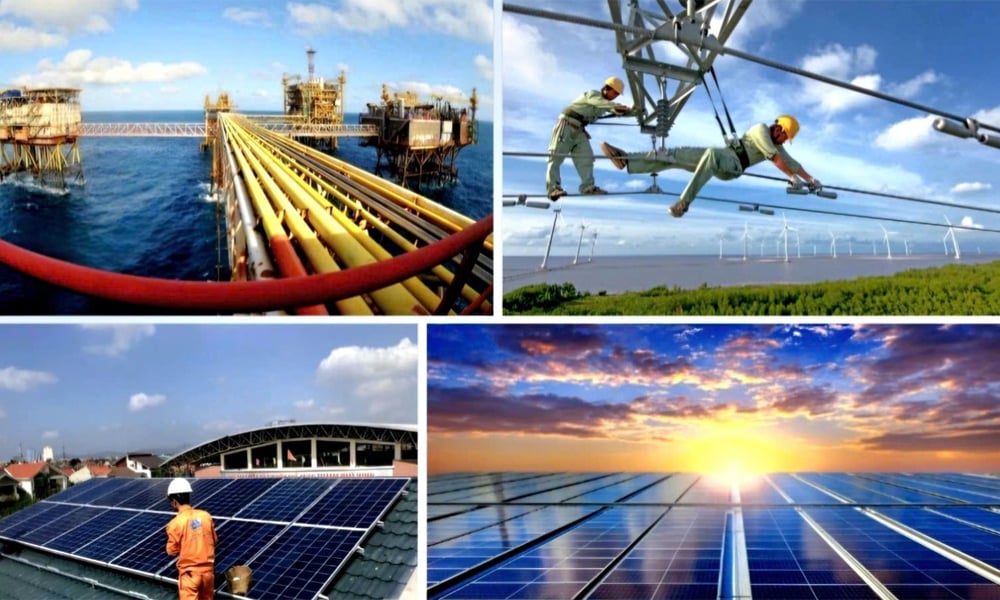 |
Illustration photo. |
The Resolution stated: After 5 years of implementing Resolution No. 55-NQ/TW, dated February 11, 2020 of the Politburo on the strategic orientation of Vietnam's national energy development to 2030, with a vision to 2045, the energy sector has maintained stable growth, basically ensuring national energy security, meeting the increasingly high requirements for rapid and sustainable development, ensuring national defense and security and improving people's lives.
However, the energy sector still has many limitations and weaknesses. Some limitations and weaknesses pointed out in Resolution 55 have not been completely overcome. Many targets of Resolution 55 are difficult to achieve. Institutions, policies, and management work for energy sector development are still inadequate. The progress of many power projects is still slow; energy potential has not been effectively exploited. Energy supply still depends on imports, the risk of power shortage for the double-digit growth period is real. Energy sector infrastructure is still lacking and not synchronous. The power system has not developed synchronously and intelligently; the power grid has not been effectively connected with power projects. Technology in some fields is slow to be innovated; the localization rate for some important equipment is not high. The quality of human resources and labor productivity in some fields is still low; the competitive energy market has not developed synchronously, lacking connectivity between sub-sectors, especially the electricity market, which still has many limitations; Energy pricing policy is still inadequate and not really suitable for market mechanisms; there is still cross-subsidy in electricity prices for some customer groups...
To meet the requirements of rapid and sustainable development of the country in the coming time, especially to implement the two strategic goals by 2030 and 2045, ensuring energy security plays a very important role, energy must go one step ahead, fully meeting the needs of socio -economic development, national defense, security and improving people's lives. The Politburo requires focusing on implementing the following contents well:
ON GUIDING VIEWPOINTS:
1. The Party provides comprehensive leadership; the State creates institutions, breakthrough policies and controls strategic energy infrastructure; people and businesses are the center and the subjects of national energy development, in which the state economy plays a leading role, the private sector is one of the most important driving forces. Ensuring national energy security is the foundation and an important premise for national development, and an important part of national security. Energy development is given the highest priority to meet the requirement of continuous growth of over 10% in the coming period, realizing the country's two 100-year goals. The national energy development plan must be led, directed and implemented in a concentrated, unified, synchronous, serious and effective manner.
2. Energy development must be consistent with the socialist-oriented market economy, linked to the implementation of social progress and equity, social security, national defense, security, environmental protection and flexibility in implementing international commitments on greenhouse gas emission reduction. Build a synchronous, competitive, transparent energy market, diversify ownership forms and business methods; apply market prices to all types of energy, without cross-subsidization between customer groups. Encourage and facilitate economic sectors, especially the private sector, to participate in energy development; ensure that the private sector competes equally with other economic sectors in developing energy projects.
3. Synchronously, reasonably and diversifiedly develop energy types; prioritize the exploitation, thorough and effective use of renewable energy sources, new energy, clean energy; exploit and reasonably use domestic fossil energy sources, focus on stabilizing, regulating and ensuring national energy reserves; develop nuclear power and gas power; have a roadmap to reasonably reduce the proportion of coal-fired power. Optimize the structure of the national energy system, ensure synchronization, efficiency, promote the comparative advantages of each region and locality.
4. Encourage investment and use of energy economically and efficiently, reduce emissions, protect the environment, promote increased labor productivity and innovate growth models, considering this both a right and a responsibility of the whole society; encourage investment and use of energy-saving and environmentally friendly technology and equipment.
5. Apply science , technology, innovation and digital transformation to promote rapid and sustainable development of the energy sector; gradually master modern technology and nuclear energy technology, moving towards self-sufficiency in producing most energy equipment to serve domestic needs and export both technology and equipment.
ABOUT GOALS AND VISION
1. General objectives by 2030: Ensure national energy security; provide sufficient, stable, high-quality energy, reduce emissions for socio-economic development, ensure national defense and security, improve people's lives, protect the ecological environment. Gradually transform energy to meet the country's development requirements and international commitments. The energy sector develops harmoniously among sub-sectors with synchronous and smart infrastructure, reaching the advanced level of the ASEAN region. The energy market is competitive, transparent, efficient, in line with the socialist-oriented market economy. Quickly exploit and effectively use domestic energy resources combined with reasonable energy import and export; energy is used more economically and efficiently. Many key materials and equipment in the energy sub-sectors are produced domestically; the power transmission and distribution grid is built modernly and intelligently.
2. Specific goals by 2030:
- Total primary energy supply is about 150 - 170 million tons of oil equivalent; total capacity of power sources is about 183 - 236 GW or higher depending on system demand and socio-economic development situation over time; total electricity output is about 560 - 624 billion KWh. The proportion of renewable energy in total primary energy supply is about 25 - 30%.
- Total final energy consumption is about 120 - 130 million tons of oil equivalent.
- Smart, efficient power system, capable of safely connecting to the regional power grid; ensuring safe power supply, meeting the N-1 criteria for important load areas and N-2 for especially important load areas. Power supply reliability and power access index are among the top 3 leading countries in ASEAN.
- Oil refineries meet at least 70% of domestic petroleum demand; petroleum reserves reach about 90 days of net imports. Develop facilities with full capacity to import liquefied natural gas (LNG) according to the demand for LNG power sources and other needs; form centralized LNG energy centers in harmony with regions.
- The energy saving ratio on total final energy consumption compared to the normal development scenario is about 8 - 10%.
- Reduce greenhouse gas emissions from energy activities compared to the business-as-usual scenario by about 15 - 35%.
3. Vision to 2045
Firmly ensure national energy security; a competitive, fair, transparent and effective energy market, in line with the socialist-oriented market economy; a synchronous and sustainable development of the energy sector, efficient use of resources, environmental protection, reduction of greenhouse gas emissions and adaptation to climate change; a smart and modern energy infrastructure system, effectively connected to the region and internationally; the quality of human resources, science and technology level and management capacity of the energy sector reaching the same level as those of modern industrialized countries.
The Resolution sets out 7 main tasks and solutions, including: Strengthening the leadership of the Party, the management of the State and the participation of the entire political system and the People in ensuring energy security; Perfecting institutions and policies to become competitive advantages, a solid foundation, and a strong driving force to promote energy development; Developing energy supply and infrastructure, firmly ensuring energy security, meeting growth requirements; Promoting energy saving, environmental protection, responding to climate change, flexibly implementing international commitments on emission reduction; establishing governance measures and responding to risks; Focusing on mobilizing all social resources, strongly encouraging the private sector to participate in energy development; Creating breakthroughs in science and technology development, innovation, digital transformation and human resource training in the energy sector; Strengthening international cooperation, contributing to promoting rapid and sustainable development of the energy sector and ensuring national energy security.
In organizing implementation, the Politburo requested provincial Party Committees, municipal Party Committees, Party Committees directly under the Central Committee, and Party committees to organize the study and dissemination of the Resolution to cadres and Party members; develop programs and plans to implement the Resolution. Local Party Committees and authorities direct, urge, inspect, and supervise energy investment projects in the area according to regulations.
The Party Committee of the National Assembly leads and directs the research, amendment, supplementation and improvement of laws to facilitate national energy development in the spirit of the Resolution; strengthens supervision of the formulation and implementation of strategies, plans and policies for national energy development; firmly ensures national energy security to meet the requirements of socio-economic development in the new situation.
The Government Party Committee leads and directs the implementation of the National Energy Development Strategy and strategies for developing energy sub-sectors, the National Energy Master Plan, and the VIII Power Plan adjusted in accordance with the spirit of the Resolution; submits to the National Assembly for amendments and promulgation of relevant laws to create a favorable environment for development and ensure national energy security; if necessary, submits to the National Assembly for promulgation of a specialized Resolution on mechanisms and policies to remove difficulties in national energy development in the 2026-2030 period; prioritizes the allocation of sufficient resources to carry out the tasks stated in the Resolution.
The Party Committee of the Fatherland Front and the Central mass organizations lead, direct, promote the role of supervision, social criticism, participate in the development of laws, mechanisms and policies on ensuring national energy security. The Central Propaganda and Mass Mobilization Commission presides over and coordinates with the Central Policy and Strategy Commission and relevant agencies to guide the implementation of the Resolution. The Central Policy and Strategy Commission presides over and coordinates with relevant agencies to regularly monitor, guide, inspect, supervise and urge the implementation of the Resolution; periodically review and summarize the implementation, and report to the Politburo and the Secretariat.
Source: https://baobacninhtv.vn/bo-chinh-tri-ban-hanh-nghi-quyet-ve-bao-dam-an-ninh-nang-luong-quoc-gia-postid425625.bbg






![[Photo] Super harvest moon shines brightly on Mid-Autumn Festival night around the world](https://vphoto.vietnam.vn/thumb/1200x675/vietnam/resource/IMAGE/2025/10/07/1759816565798_1759814567021-jpg.webp)







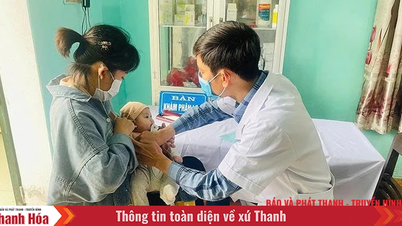







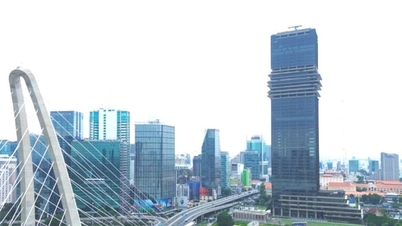












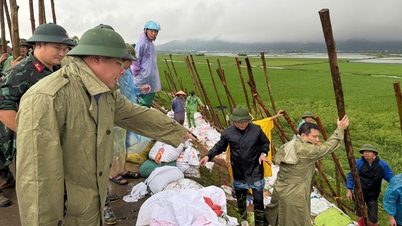


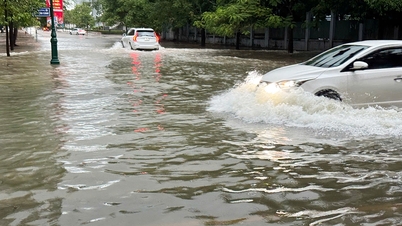




























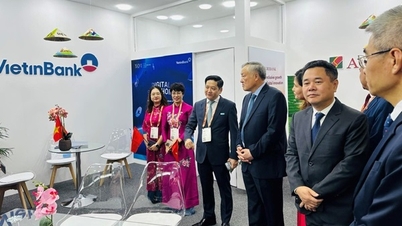




















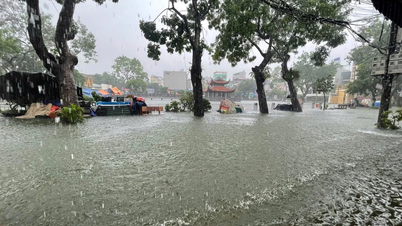



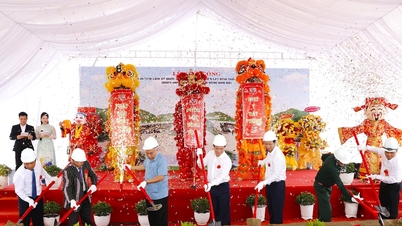












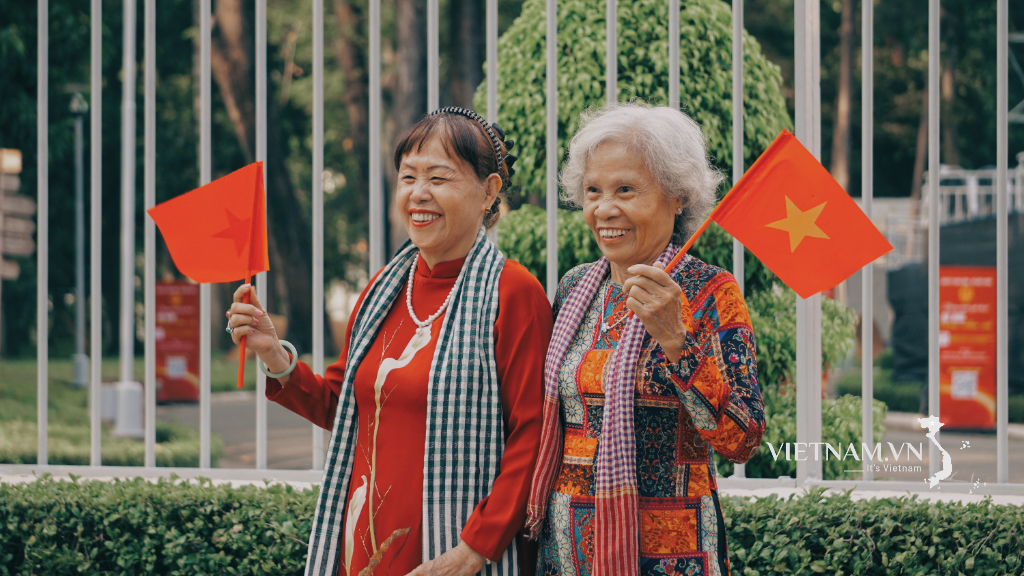
Comment (0)